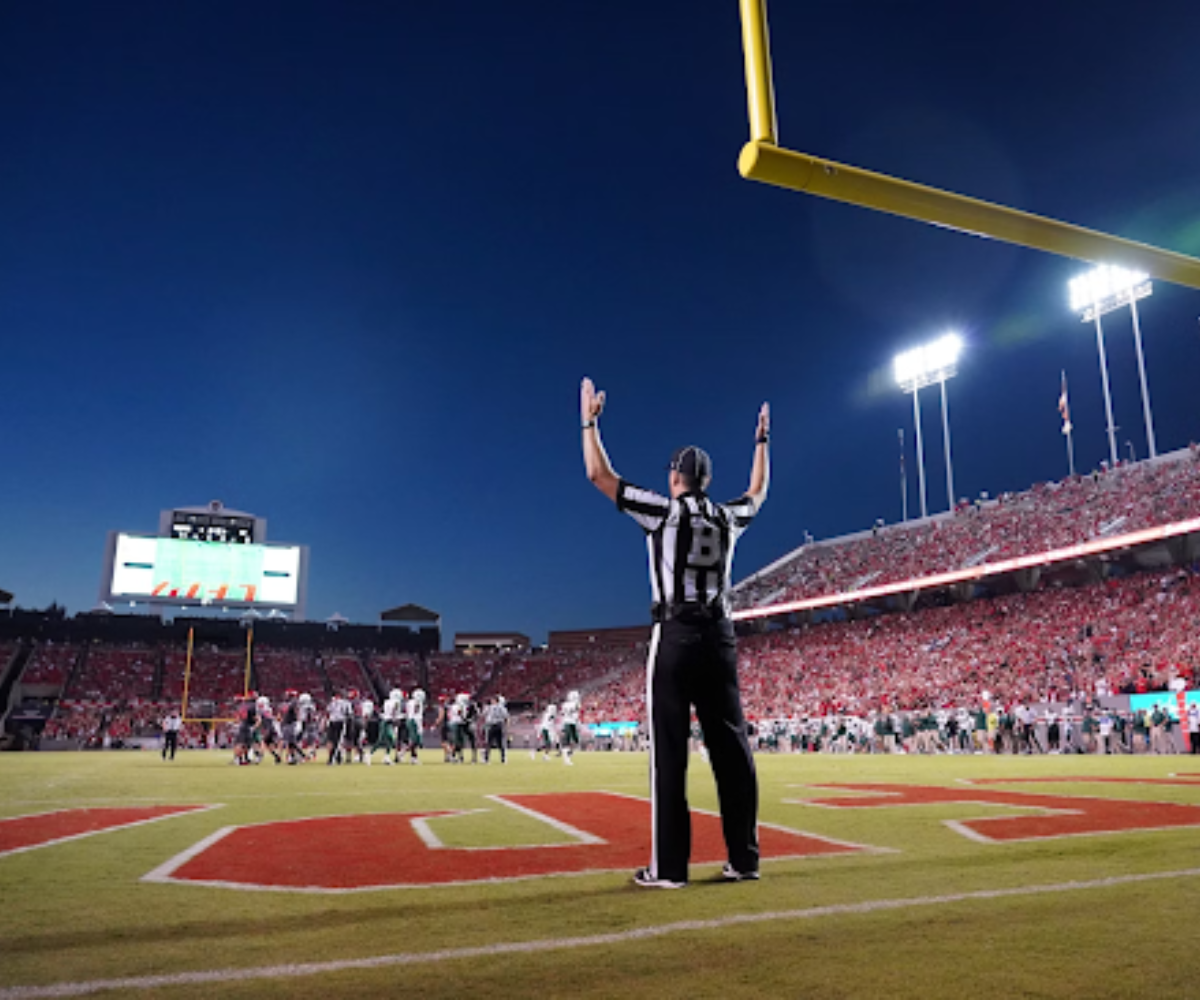Becoming an oddsmaker is a challenging and competitive career path that requires a unique combination of skills, knowledge, and experience.
Here’s a comprehensive guide on how to become an oddsmaker and set odds in the sports betting industry.Education and Training
read: How to Gain an Advantage Sports Betting
- Undergraduate Degree: A bachelor’s degree in a field such as mathematics, statistics, economics, or finance is essential. These degrees provide a solid foundation in the mathematical and analytical skills required for setting odds.
- Graduate Degree: Pursuing a master’s degree in a related field can enhance your knowledge and skills. Specializing in areas like data science, predictive analytics, or sports management can be beneficial.
- Certifications: Consider obtaining certifications like the Certified Sports Bookmaker (CSB) or the Certified Sports Bookmaker Professional (CSBP) from the National Association of Sports Bookmakers (NASB).
Practical Experience
- Internships: Look for internships at sportsbooks, casinos, or online gaming companies. These internships can provide hands-on experience in setting odds and working with various sports betting systems.
- Volunteer Work: Volunteer at local sports events or participate in fantasy sports leagues to gain practical experience in analyzing and predicting sports outcomes.
Skills and Knowledge
- Mathematical Skills: Proficiency in mathematics, particularly in probability theory, statistics, and calculus, is crucial for setting accurate odds.
- Sports Knowledge: In-depth knowledge of various sports, including their rules, regulations, and key statistics, is essential for understanding the dynamics of each sport.
- Data Analysis: Familiarity with data analysis tools and software, such as Excel, R, or Python, is necessary for processing and interpreting large datasets.
- Market Awareness: Stay up-to-date with market trends, news, and injuries to ensure that your odds reflect the current state of the market.
Career Progression
- Entry-Level Positions: Start by working as a sports bookmaker or a sports betting analyst. These roles will provide exposure to the industry and opportunities to learn from experienced professionals.
- Senior Positions: With experience, you can move into senior roles such as a sports book supervisor or a sports betting manager. These positions involve overseeing the operations of a sportsbook and making strategic decisions.
- Oddsmaking Roles: As you gain more experience and a strong reputation, you may be considered for oddsmaking roles. These positions involve setting odds for various sports and events.
Professional Networks
- Industry Associations: Join professional associations like the NASB, which provides networking opportunities and access to industry events.
- Online Communities: Participate in online forums and social media groups dedicated to sports betting and oddsmaking. These platforms can offer valuable insights and connections.
Becoming an oddsmaker requires a strong foundation in mathematics, sports knowledge, and practical experience. By pursuing the right education, gaining hands-on experience, and developing the necessary skills, you can carve out a successful career in the sports betting industry. Remember to stay up-to-date with market trends and continuously improve your analytical skills to remain competitive in this dynamic field.







%20(1200%20%C3%97%20232%20px)%20(9).png)











